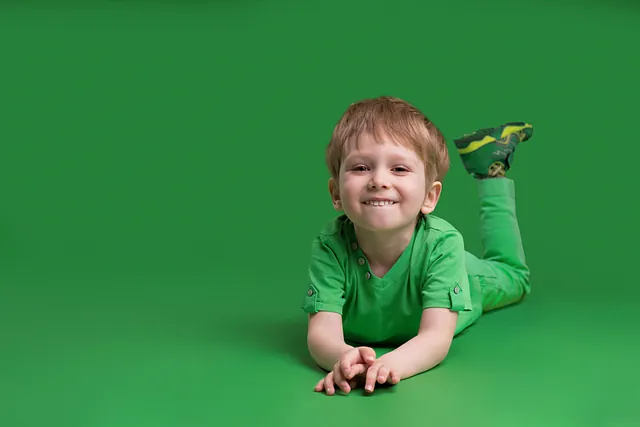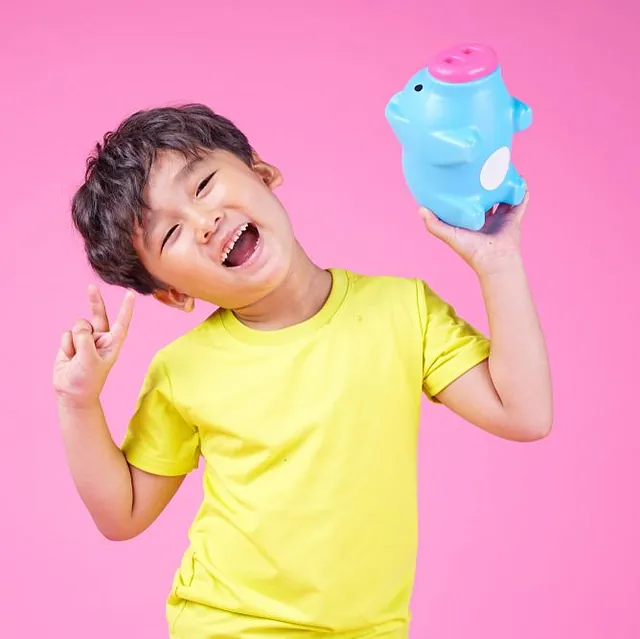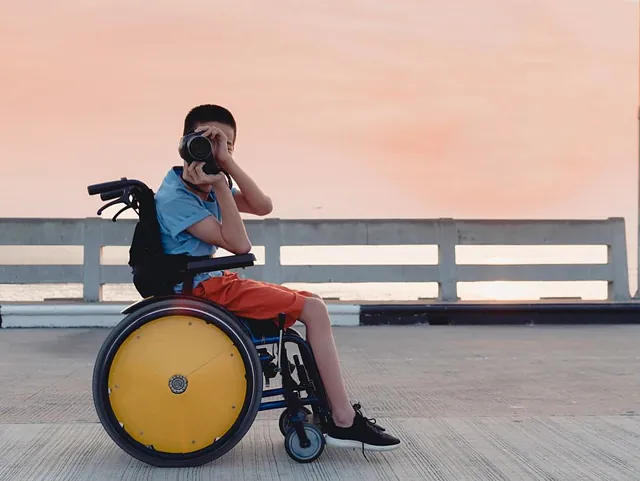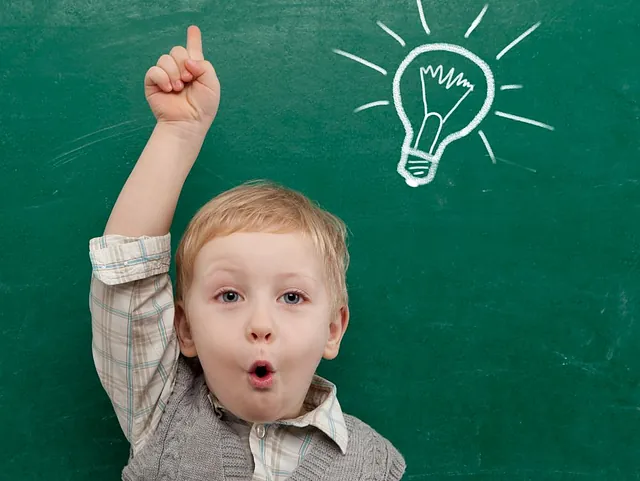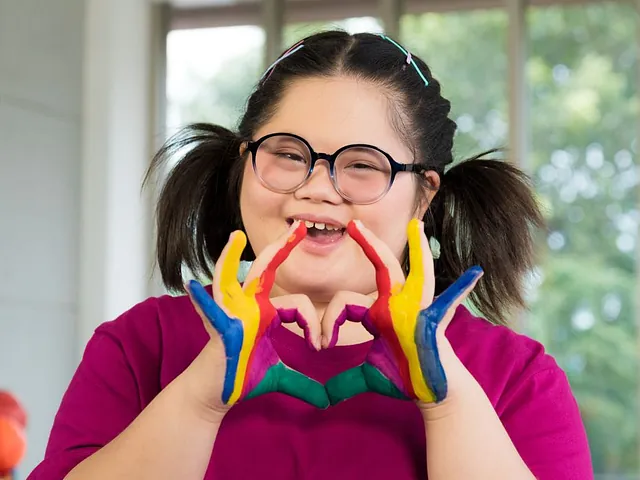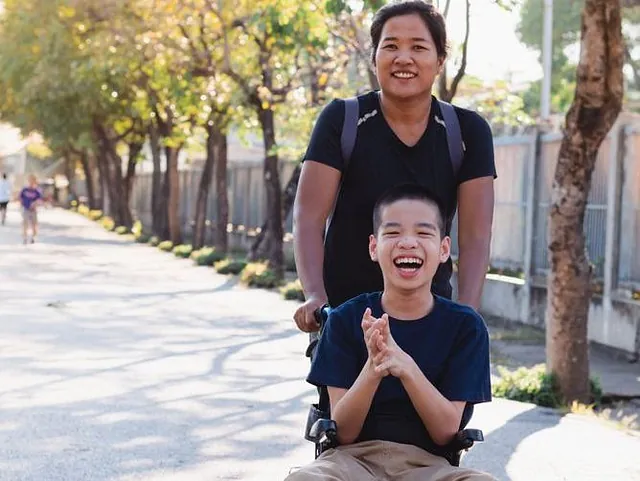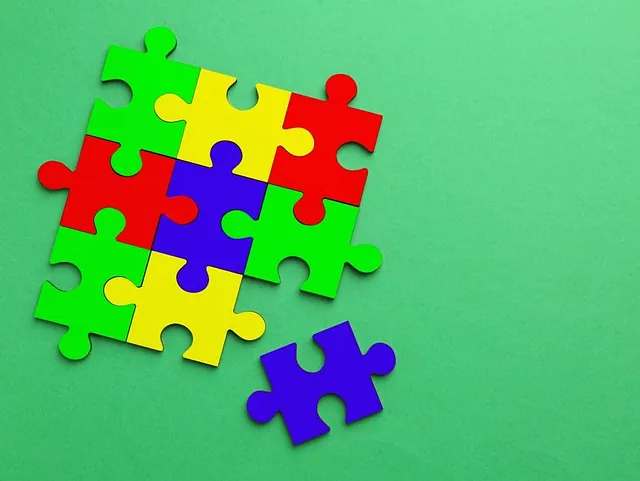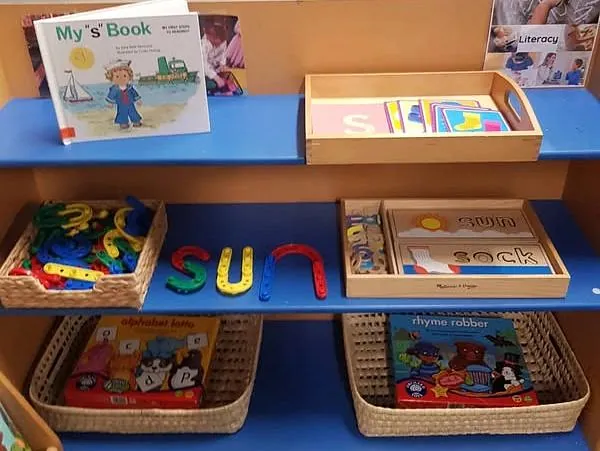Early Years
Research tells us the early years are some of the most important for the development of any child, no matter their presentation. The fanciest, most complex brain imaging studies confirm what early years educators already know on the ground, that by the time a child enters primary school up to 90% of their brain is already developed, with complex neural pathways giving them schemas or maps to understand the world they live in, and learned behavioural responses that reflect their true nature and serve them well in these environments.
Early Years in greater detail
Our 3 classes are thoughtfully created to suit the developmental stage:
Explorers are learning about how to exist in the new world of preschool. They are focusing on their senses and building relationships with their new teachers and friends.
Adventurers continue to learn about themselves and how their body works, in particular their gross motor movements and pretend play. They are starting to learn executive function of doing what feels good vs what is acceptable in the classroom space. They are building strong core muscles that will allow them to be successful students.
Investigators are starting to ask questions about the wider world they live in. They are building more meaningful friendships, vocabulary, and are conseptualising the world around them. At this stage, their literacy, numeracy, and mark making looks more like what will be expected of them in school.
Group Settings That Allow Children to Flourish
Children are placed in a class that best suits their developmental stage, not chronological age. This facilitates children being meaningfully included and genuinely happy, no matter their disability, diagnosis, developmental stage.
Every classroom is built to allow child choice. One of our long-term goals is that children start to recognise and understand the feelings in their bodies and choose activities that match their current level of arousal or regulation. So, if they are feeling tired or quiet, they can go to the sensory room or library, if they are feeling ready to learn and be challenged, they can choose shelf work, or if they are full of beans they can go to the climbing wall or bike around the village!
Our recruitment policy is that all class leads are graduate level educators, many of whom are also registered with the Teaching Council of Ireland. We try to maintain lower ratios than state minimums, with many support educators and inclusion teachers working as a team.
A child’s occupation is play is so important to us, it’s the name we chose! Pictures speak a thousand words, and we are blessed to work in a space with so many invitations or provocations to play.
Links to Our Other Services
Early Years FAQs
-
Why is early years education so important?
Research shows that up to 90% of a child’s brain development occurs before they start primary school. High-quality early years education fosters neural development, builds social and emotional skills, and creates strong foundations for lifelong learning.
-
What makes Child’s Play unique in early years education?
At Child’s Play, we focus on placing children in classes that suit their developmental stage rather than their chronological age. This ensures every child feels included and happy, regardless of their abilities or developmental progress. Our graduate-level educators provide a nurturing, play-focused environment tailored to each child’s needs.
-
How does Child’s Play support children with diverse needs?
We foster inclusivity by placing children in developmental-stage-appropriate classes. Our educators support children in recognising and managing their emotions while providing diverse activities to match their energy levels and interests.
-
What are your staff qualifications and child-to-teacher ratios?
All class leads at Child’s Play are graduate-level educators, many registered with the Teaching Council of Ireland. We maintain lower child-to-teacher ratios than state minimums to ensure high-quality, individualised care and education.

